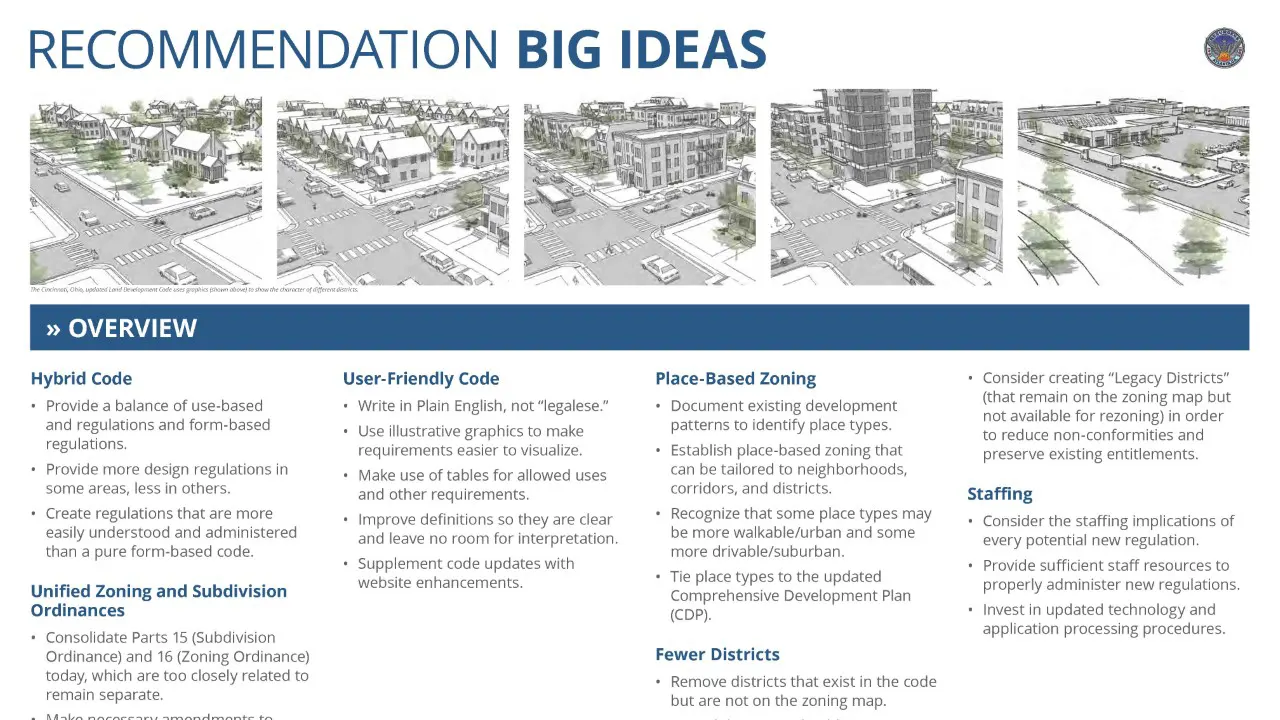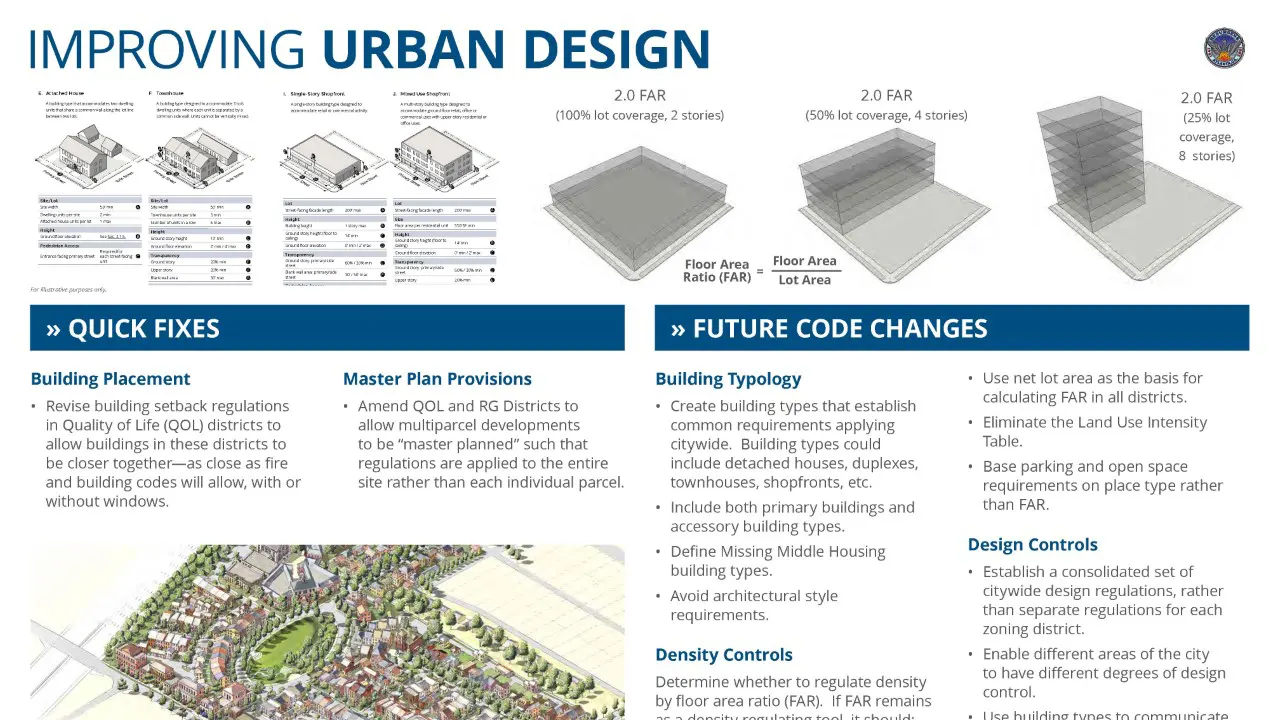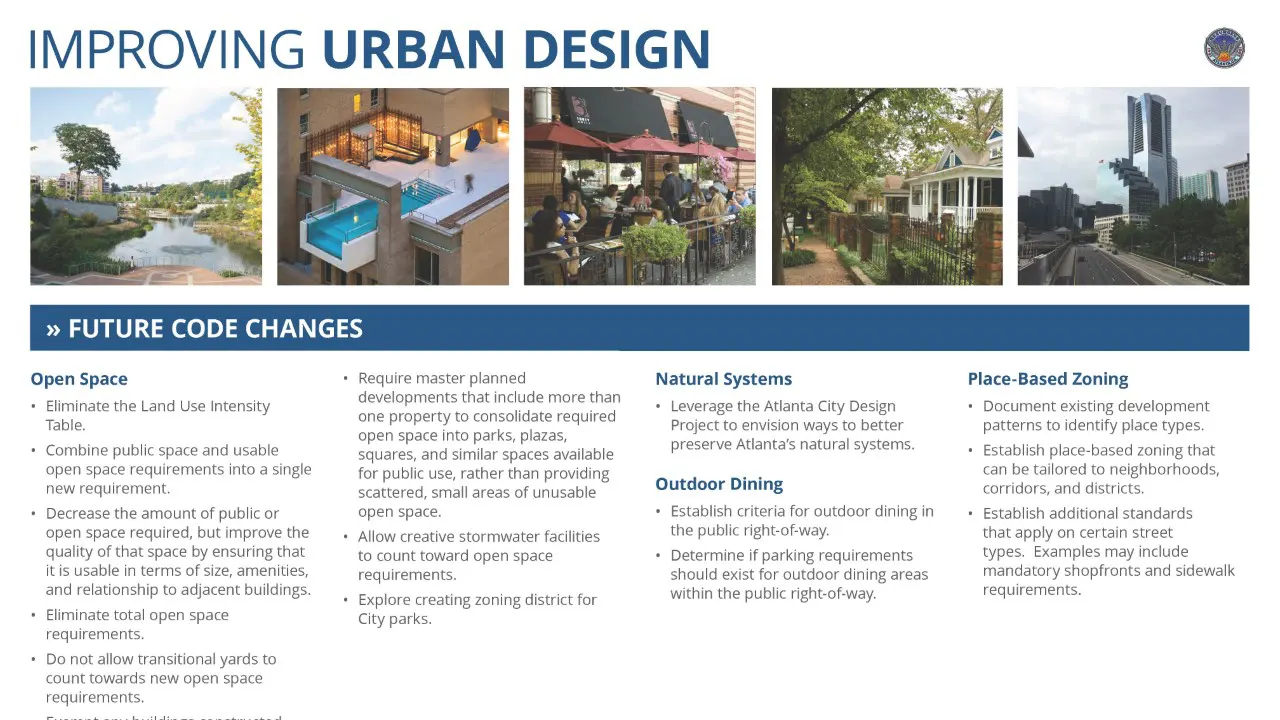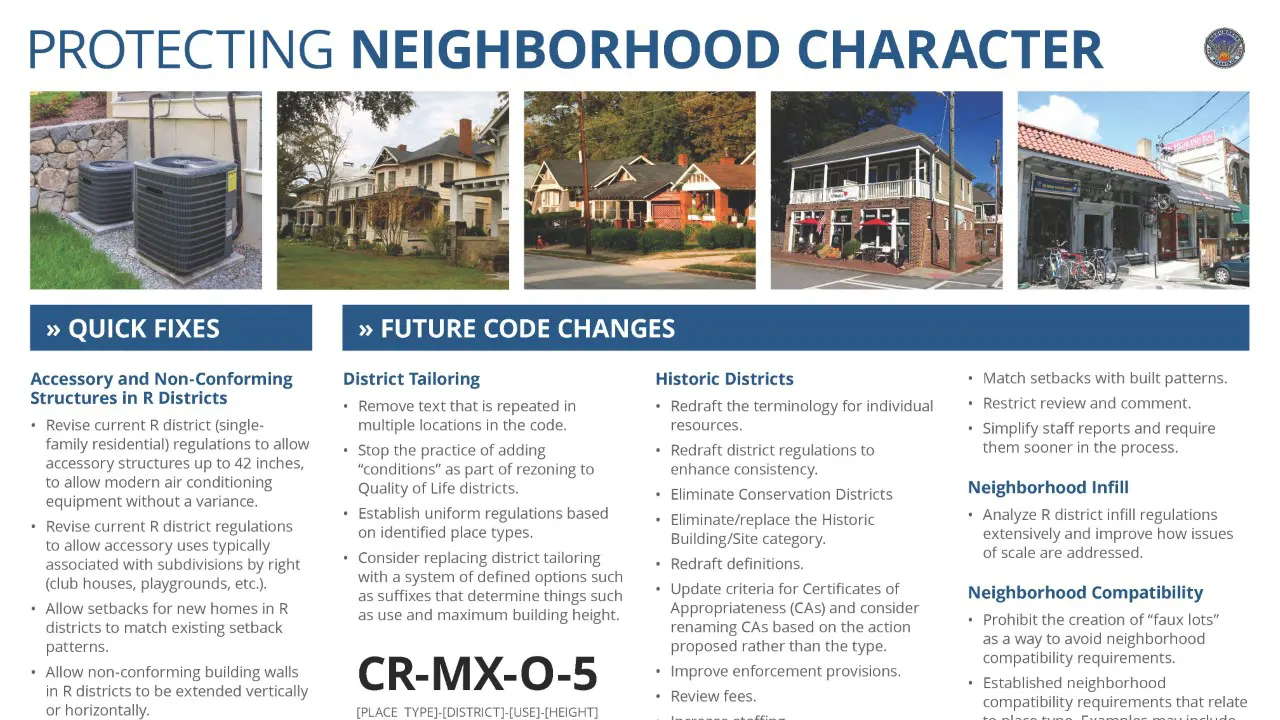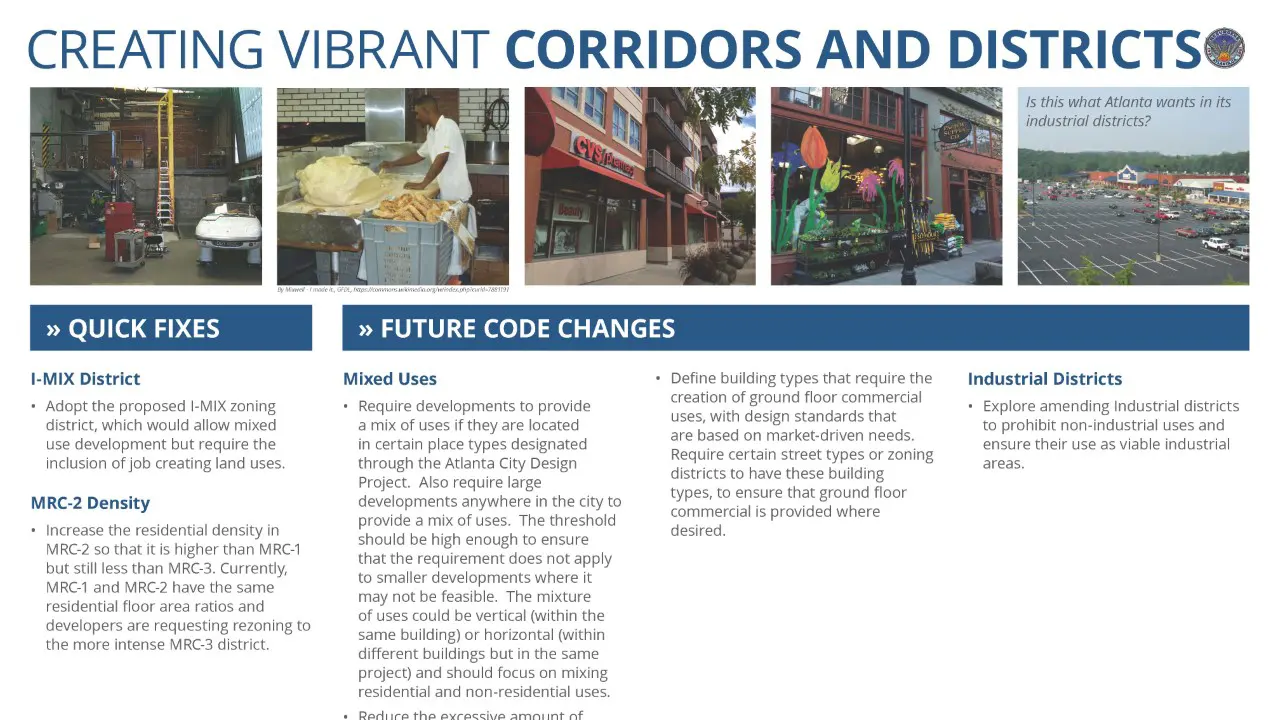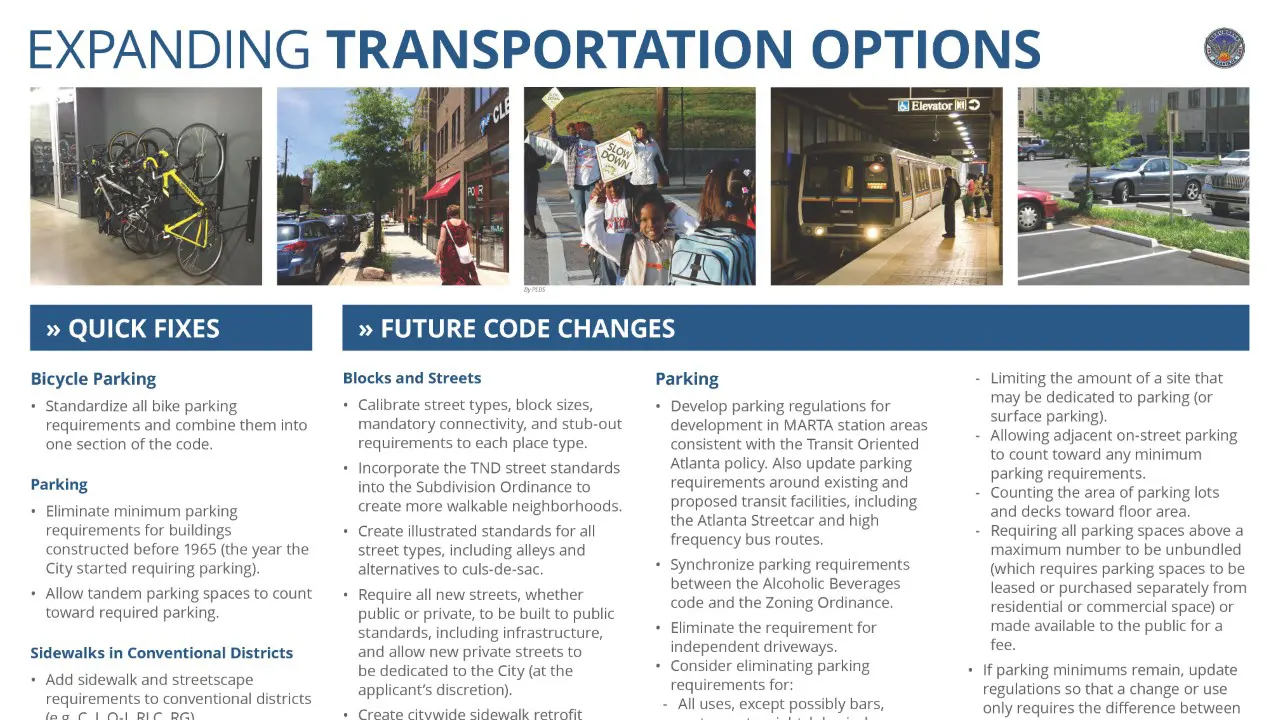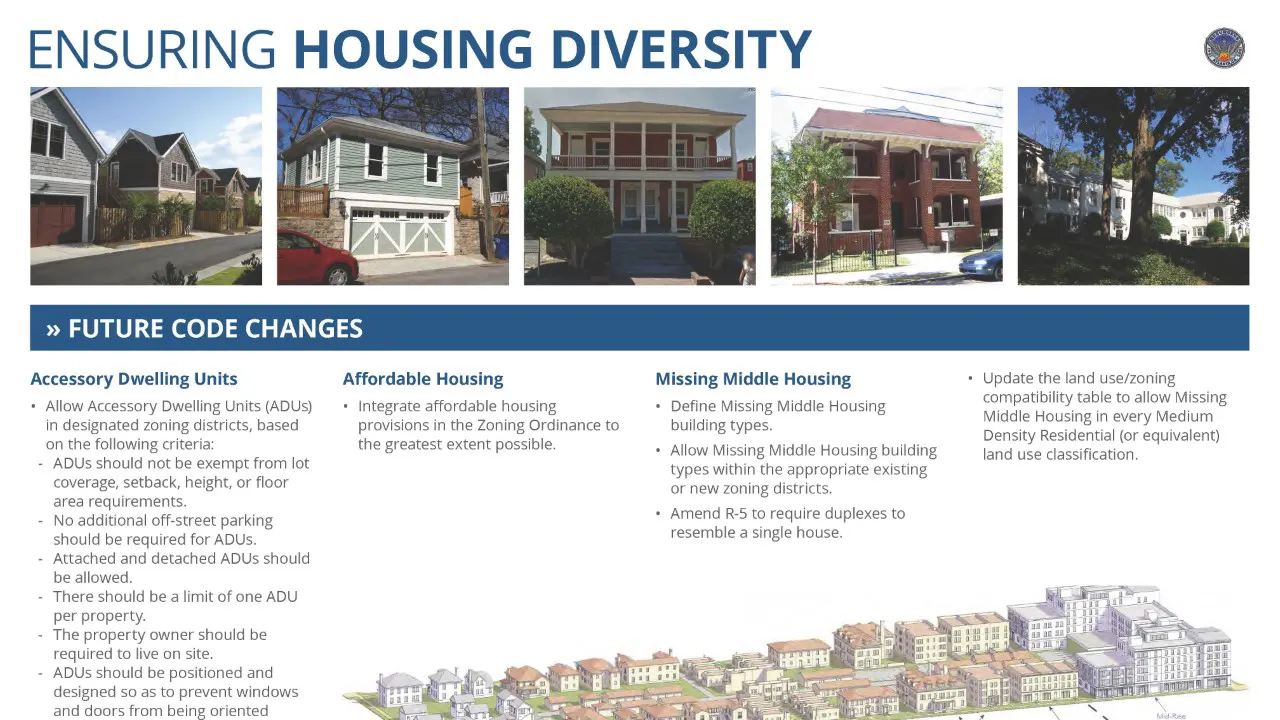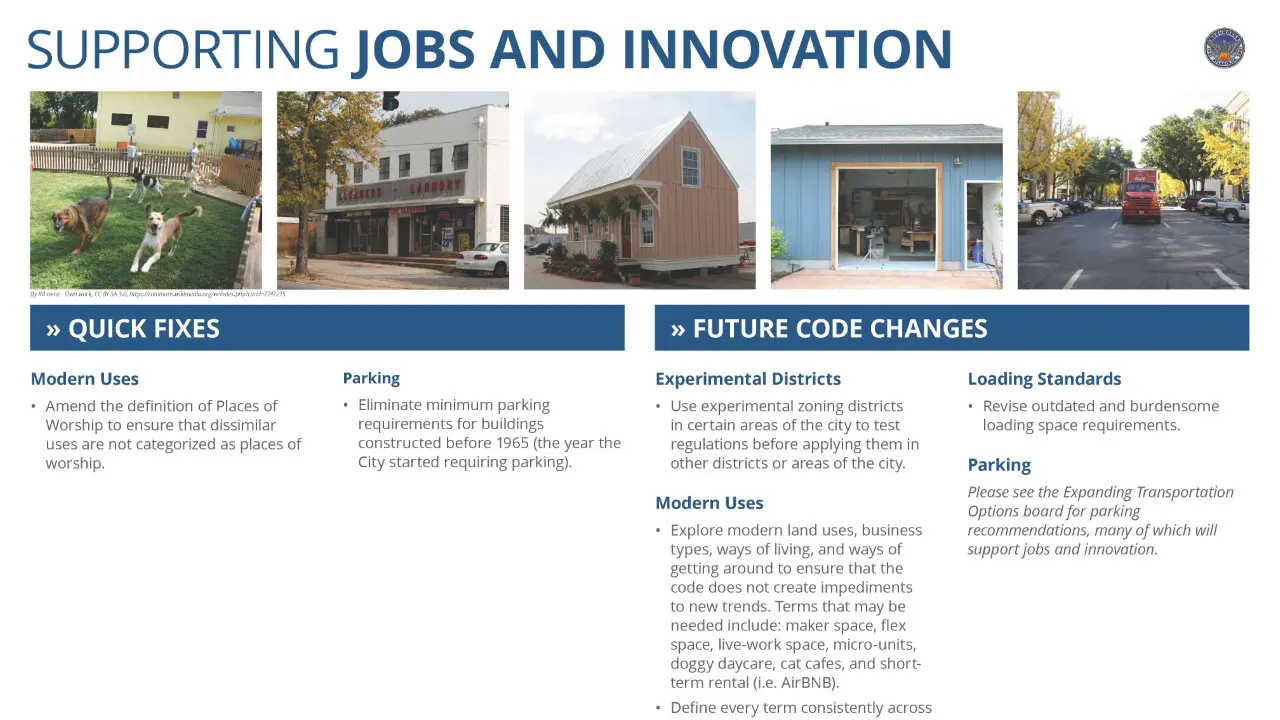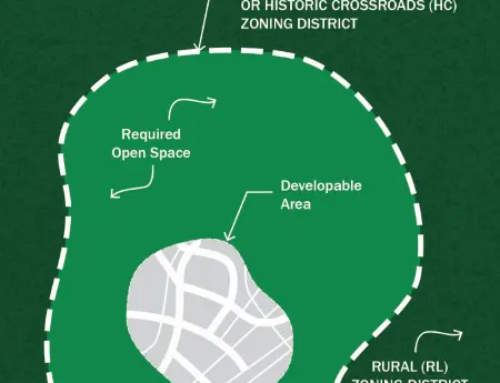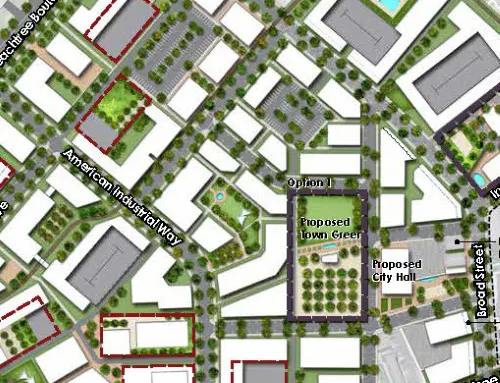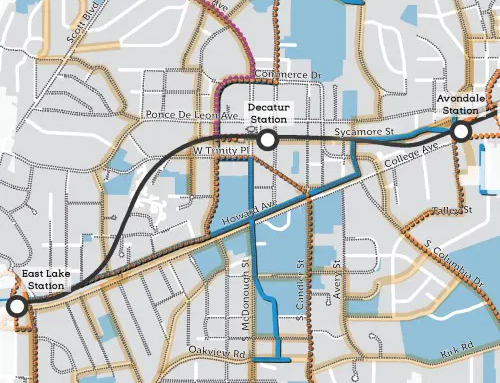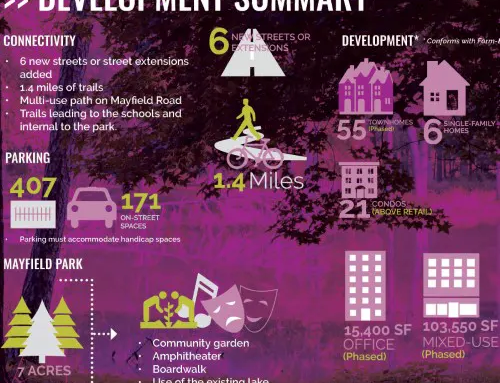Details:
Highlights:
Description:
In recent years, the City of Atlanta has experienced a wave of growth in its activity centers, corridors, and neighborhoods. Tens of thousands of new housing units and businesses have brought a renewed vitality and a stronger tax base, but also some of the usual growth-related challenges. This new development has also drawn attention to the inability of the current Atlanta Zoning Ordinance, which primary dates from 1982, to consistently shape growth in a way that aligns with the City’s needs.
In 2015, the City of Atlanta hired a team led by TSW to review the Zoning Ordinance, explore best practices, conduct public outreach, and prepare recommendations for how the Ordinance could be updated to meet current and future needs. The process included a review of current regulations from usability, policy, and content perspectives; specific attention was given to how the regulations implemented the Comprehensive Development Plan, met needs, and were perceived by users.
The six month process included hundreds of stakeholder interviews and four public meetings. The resulting recommendations were organized by the following themes:
- Improving urban design, which includes creating new building typologies, not regulating density solely on FAR or the Land Use Intensity Table, and establishing a consolidated set of citywide design regulations.
- Protecting neighborhood character, which includes rethinking the treatment of historic districts, new strategies for neighborhood infill, and establishing neighborhood compatibility requirements.
- Creating vibrant corridors and districts, which includes amending industrial districts to prohibit non-industrial uses and amending mixed use zoning districts.
- Expanding transportation options, which includes calibrating connectivity requirements to each place type, revising parking requirements, and adding sidewalk requirements to conventional zoning districts.
- Ensuring housing diversity, which includes creating regulations that support accessory dwelling units, missing middle housing, and aligning the code with ongoing citywide affordable housing policies.
- Supporting jobs and innovation, which includes using experimental zoning districts to test regulations, revising outdated loading space requirements, and exploring modern uses.
- Creating user-friendly regulations and processes, which includes reviewing and amending existing criteria and provisions, updating ordinances, and amending processes.
In order to make a few critical changes as soon as possible, recommendations were divided into short and longer-term changes. TSW completed the short-term changes, while the rest will be made in a citywide code update.
TSW is currently project manager for the complete rewrite of the Atlanta Zoning Ordinance. Click HERE to learn more.

